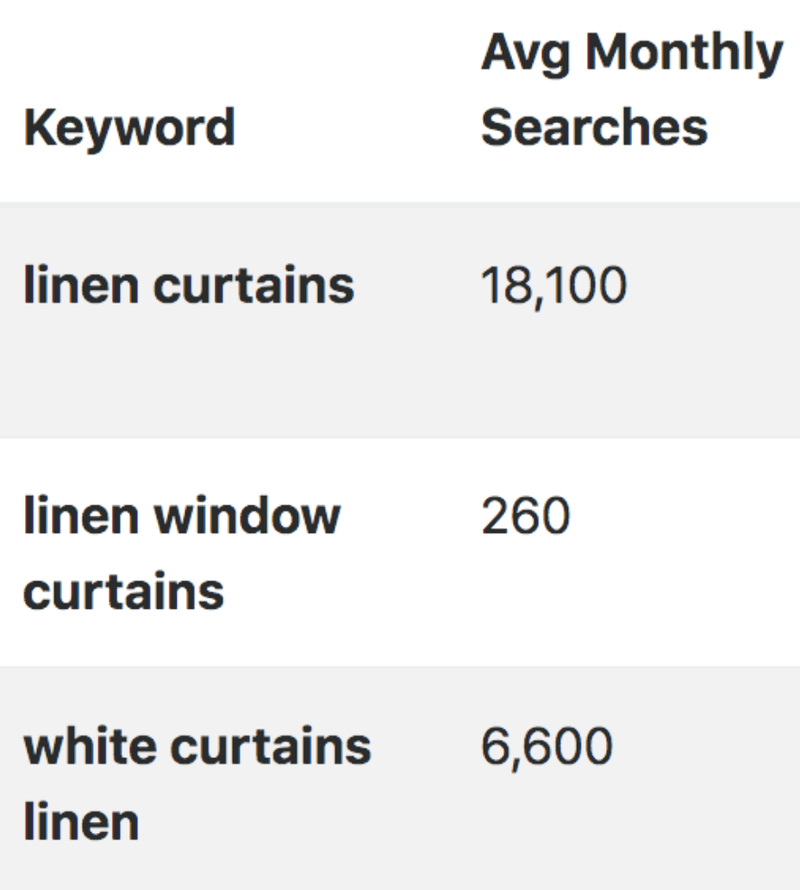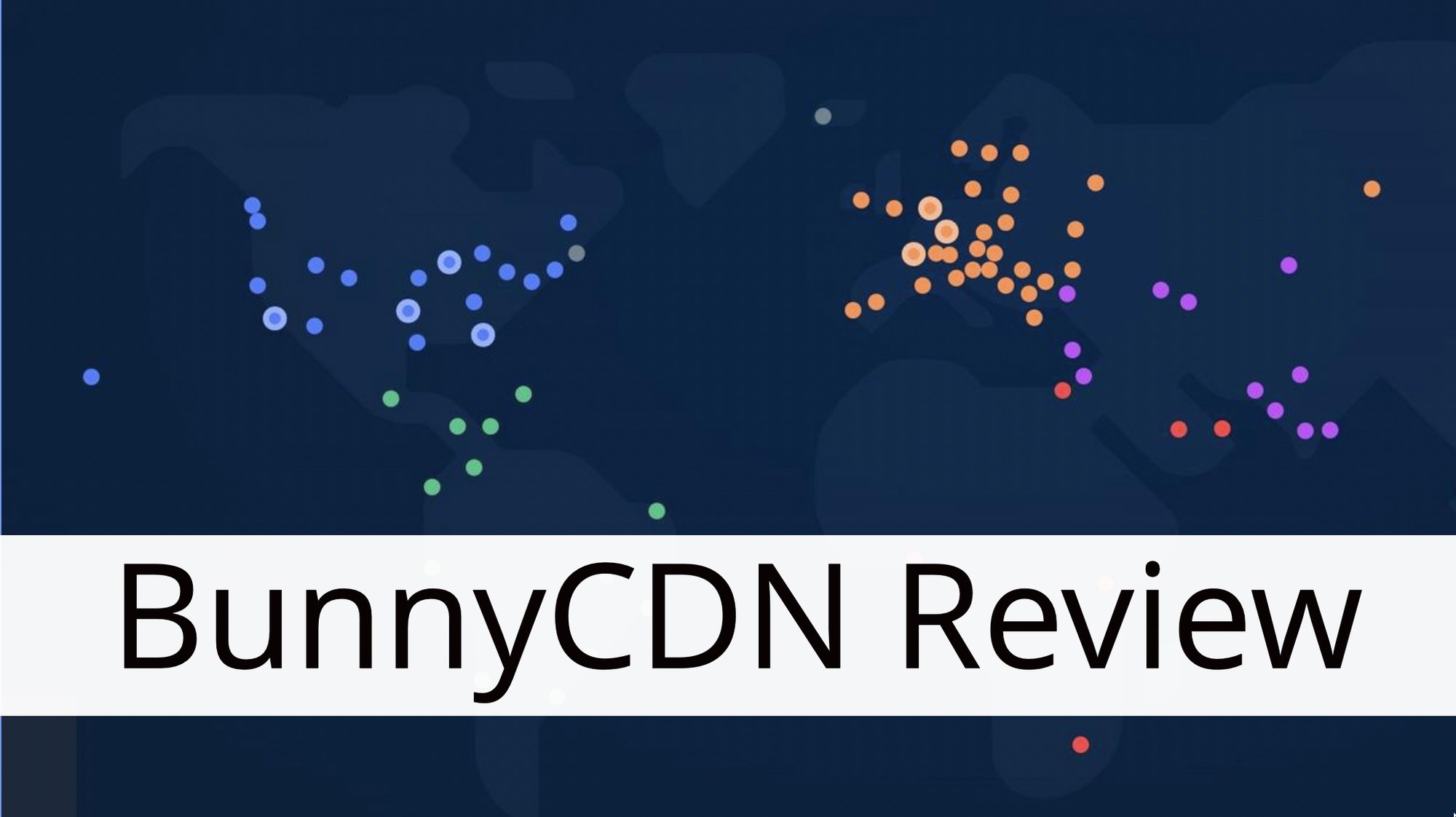Shall we worry about Keyword Density when creating content? Not just the keywords you employ are significant. The frequency with which you employ these terms also influences your search engine rating. You already know that you must utilize target keywords and longtail terms to increase your search engine ranking overall. But how often should these phrases be used, and does it even matter?
The brief answer is "yes." It does definitely matter. In fact, this is referred to as keyword density. Our team of digital marketing specialists at Managed-WP & Dayella Content has compiled this brief guide to assist you completely comprehend the process by describing what it is and why it is important. In addition, we explain why you should avoid keyword stuffing and how the practice might impact your Google ranking.
What is Keyword Density?
Keyword density is the frequency with which a particular keyword appears on a web page. It is often stated as a percentage of the page's overall word count. Essentially, this helps search engines and site visitors comprehend the page's subject matter.
In any case, if you're utilizing a certain keyword as a focal point, you're probably creating material that corresponds to that phrase. As a general guideline, you should have a single focus keyword that functions as the principal search term for your content.
However, you should also add a number of secondary keywords that increase the overall comprehension of the primary issue. Insufficient keyword usage or a low total word count may be seen as thin material, which is frequently omitted from search engine results pages.
Defining Keyword Stuffing
In the early years of search engine optimization, the greater the frequency of keyword usage, the higher the page's rating. Sounds rather simple, right? It was. In truth, it was far too simple. This is the reason why unethical webmasters have begun stuffing entire paragraphs of keywords onto web pages to increase their results. There is no context or format. Simply an abundance of terms.
This practice is known as keyword stuffing. In simpler terms, it refers to the overuse of keywords to the point that the writing becomes unintelligible for humans. Google concluded that this was not an acceptable practice. As a result, they began degrading pages with excessive keyword stuffing. Instead, they place a greater emphasis on the context of a page and whether or not it provides relevant information in an easy-to-read fashion.
What is the Importance of Keyword Density for Search Engine Optimization?
Ranking and keyword density are not what they were in the past.
After Google became wise to keyword stuffing and made a few algorithm modifications, search engine optimization became far more about creating engaging and informative content than the number of times a particular word can be repeated in a blog post or article.
Does this indicate that keyword density is irrelevant? In fact, it has the exact opposite meaning. When Google or another search engine examines a website's content, it does not read the actual words. Instead, it searches for specific words that appear more frequently than others. Obviously, it omits the small words and phrases found in everyday language. However, the search for potential keywords stands out.
If you've conducted keyword research and written the text accordingly, you should have keywords that make up a certain percentage of the page's total words; this is your keyword density. The greater the keyword density, the more probable it is that the entire page is on that issue.
Consequently, keyword density remains a significant SEO factor. However, unlike in the past, it is more important to consider the broader context of the content and avoid employing the word as much as possible.
Would You Only Rank for Focus Keywords?
It is important to keep in mind that a focus keyword and even secondary keywords are basically the terms for which you aim to rank. Absolutely no guarantee that it can occur.
And infrequently, it is feasible to rank for keywords on your website for which you never intended to appear in the SERPs.
Additionally, it is feasible to rank for keywords that are closely related to your topic but not identical.
As stated previously, Google examines all terms on a web page in the same context and counts the number of times each word appears.
This implies that you may rank for a word that isn't precisely your core phrase, but is still relevant to the issue.
This is fantastic since it implies you can rank in numerous ways over time with the same piece of content.
How to Measure Keyword Density?
Generally, the formula for calculating keyword density is the frequency of a target keyword on a page divided by the total number of terms on the page.
For instance, if you utilized a certain term ten times in a blog article of one thousand words, your keyword density will be 1%. (10 / 1.000 = 0.01 = 1%)
So, what is the optimal keyword density? This is an extremely subjective matter.
Some digital marketers claim 1% is the golden spot. Others concur that a maximum of 4% is acceptable.
The true answer depends on the total length of your message.
4% density on a 1,500-word piece will be more organically dispersed than the same percentage on a 100-word snippet.
Simply attempt to make your material sound genuine and apply keywords consistently throughout the text.
What is the Ideal Ratio of Keyword Density (Including Primary and Secondary Focus Keywords)?

Although Keyword Density is becoming less significant, optimizing your content with a high keyword density will provide you an advantage in search engine results.
Nevertheless, Keyword Density should never be excessive. A low keyword density is preferable than a high density. Even with a low keyword density, Google has a fair probability of picking up on your core term. However, a high keyword density is a poor quality signal that may cause you to be removed from search results.
While there is no perfect keyword density, 1-1.5% is acceptable in most circumstances; the most essential thing is to make your language genuine, since even if search engines don't notice the excessive keyword density, your readers will.
Throughout this test, Rank Math examines the frequency of your focus keyword(s) and their combinations in the content. Rank Math considers both the primary focus keyword and secondary focus keyword when calculating keyword density.
To earn a perfect score on this test, ensure that your keyword density falls between 1 and 1.5 percent. If you surpass a keyword density of 2.5%, you will also receive a warning, as we saw in the screenshot at the beginning of this section.
How to Insert Keywords?
In addition to your overall keyword density, you should also pay attention to the context in which your keywords appear. Remember that these also count towards your website's overall word count.
The places on your website where you should include your target keywords most frequently are:
- Title – This informs both search engines and people about the topic of your page, therefore it makes sense to add it here.
- Meta Description – Remember that this is the description that appears in search engine results. Include your target keyword in this section.
- Heading Tags – Ensure that you utilize at least one H1 or H2 tag with your selected target keyword.
- Blog Post Content – Don't forget to utilize it several times throughout the page's body content.
What Are Keywords Clusters?

Clusters of keywords show searchers with similar purchasing intent.
For instance, "linen curtains," "linen window curtains," and "white curtains linen" are distinct keyword phrases, yet they all indicate searchers who are interested in purchasing linen curtains.
Keyword search volume statistics for "linen curtains."
Let's assume your firm offers linen curtains. If you simply strive to rank for the first keyword, you wind up restricting your market share.
If you instead obtain your web page ranking for your major keyword plus the long-tail variations and related subtopics, your page will typically finish up ranking for 10-20x the number of keywords and pick up substantially more traffic.
How to Create Keyword & Subject Groups
To harness the potential of keyword clusters, it is essential to understand that this strategy requires significantly more time and resources than a one-and-done method of website optimization.
It necessitates more keyword research, content production, and labor from your SEO and marketing teams.
Building subject clusters on your website will ultimately make it more Google- and user-friendly. Among the advantages of keyword clustering are:
- Solid positions for long-tail keywords.
- Enhanced positions for short-tail keywords.
- Increased organic traffic.
- Increased rate of improvement in SERP rankings.
- More options to link internally.
- Developing knowledge and content authority within a certain market niche.
Please check the next blog and go through Create Keyword & Topic Clusters step by step.
Avoiding Keyword Stuffing
Remember, keyword stuffing is harmful.
Utilizing a phrase repeatedly is what may have the greatest negative impact on your results and make it more difficult for readers to understand your material.
Therefore, we advise avoiding keyword stuffing wherever feasible. This includes when clusters and variations are utilized.
However, note that these interchangeable names each have their own density.
Consider substituting a few occurrences of a particular phrase with a semantic substitute if you believe that its frequency is excessive.
Conclusion: Using Keyword Density in Your SEO Optimization
Clearly, keyword density remains an essential component of a competitive SEO approach.
You may rank more successfully for a larger variety of phrases by keeping track of both the keywords you employ and how they are utilized.
Are you prepared to improve your search engine optimization skills and your complete organic traffic strategy?
Our Rock Content SEO Experts with SEO plugin, such as RankMath Pro, can provide you with the information required for success.



















